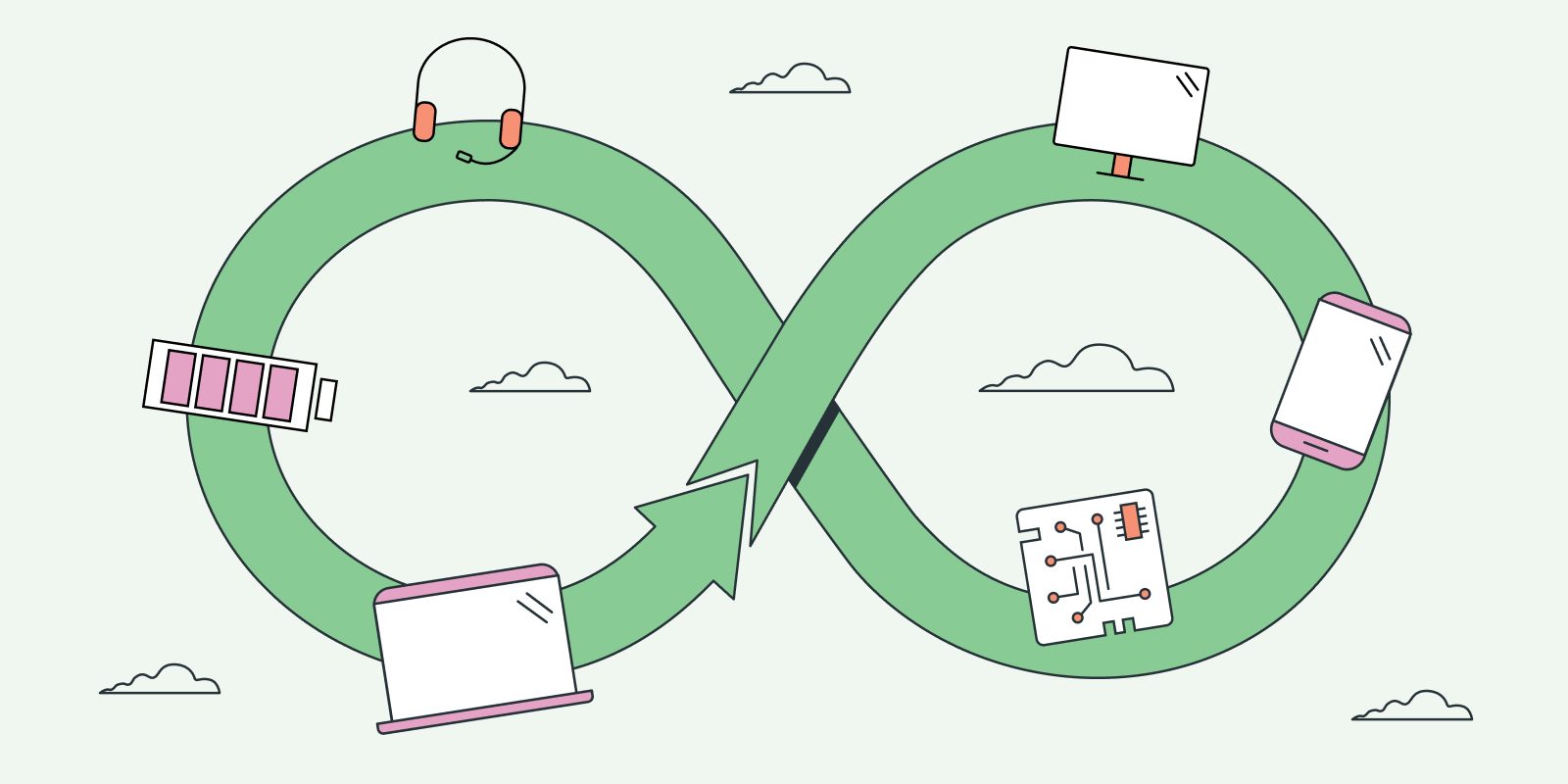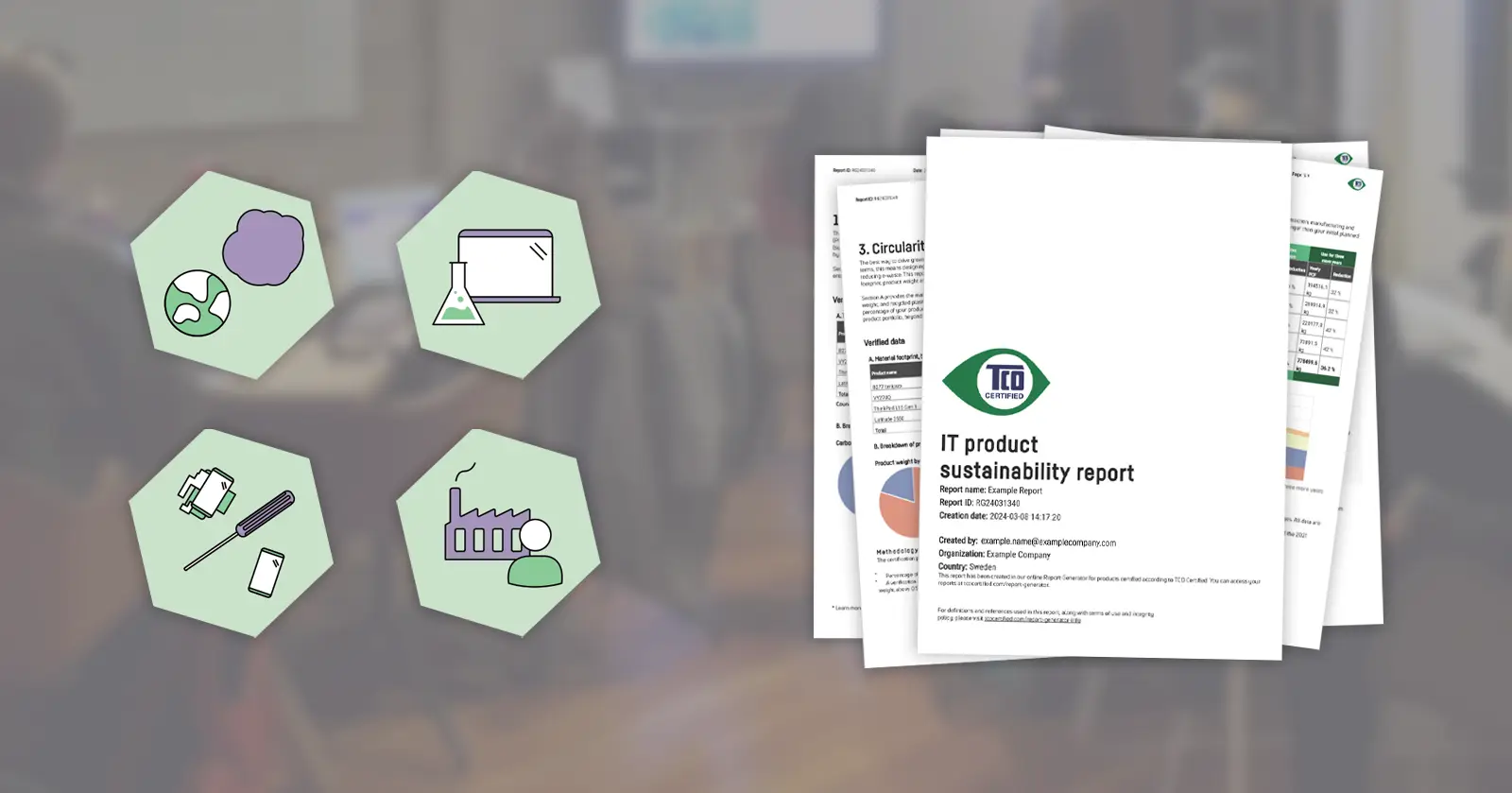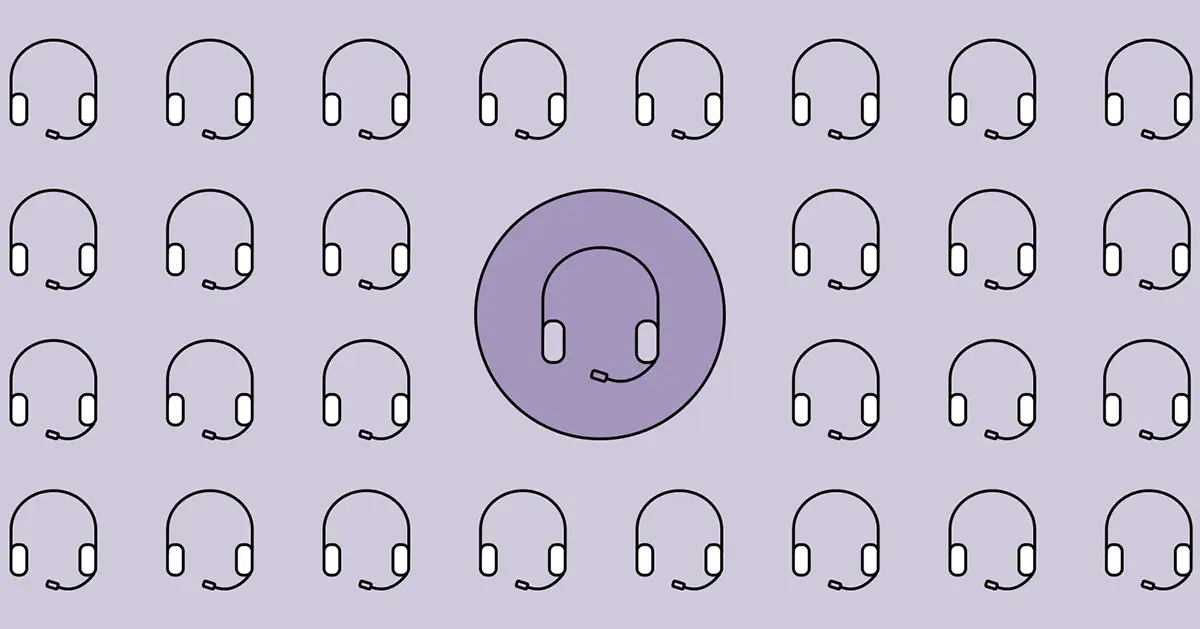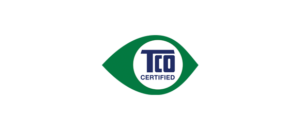The majority of IT products are produced and consumed in a linear way and have a lifespan which is too short. This approach leads to an overuse of finite natural resources and alarming amounts of e-waste. TCO Certified, generation 8 takes an important step toward the circular economy by demanding more durable products that can be repaired, upgraded and recycled.
In the current, linear economy, raw materials are extracted, and products are manufactured and used for a relatively short time before they are discarded. Components and valuable materials in discarded products are lost and difficult to reclaim. Virgin materials are extracted at a rate that is faster than they can be replenished and both the manufacturing and transportation of products lead to pollution and extensive energy use. Today, around 80 percent of global e-waste is handled in an uncontrolled way, placed in landfill or incinerated.
E-waste is the world’s fastest growing waste stream and more than 40 million metric tons is generated every year. Discarded products containing hazardous substances are often handled in unsafe ways in developing countries, where they are disassembled manually, incinerated in the open air, or dissolved in acid by people without adequate protective equipment. These severe health risks also lead to toxic pollution of soil, air and water as well as the release of greenhouse gases. The problem is growing as the world population increases and economic prosperity reaches more people.
Circular approach, extending product life
Criteria in TCO Certified, generation 8 encourage a circular approach to the production and consumption of IT products. To have a longer life, products must be durable, repairable and upgradeable, making them more attractive for re-use. At the end of the product’s usable life, materials must be recyclable and possible to use in the manufacturing of new products.




